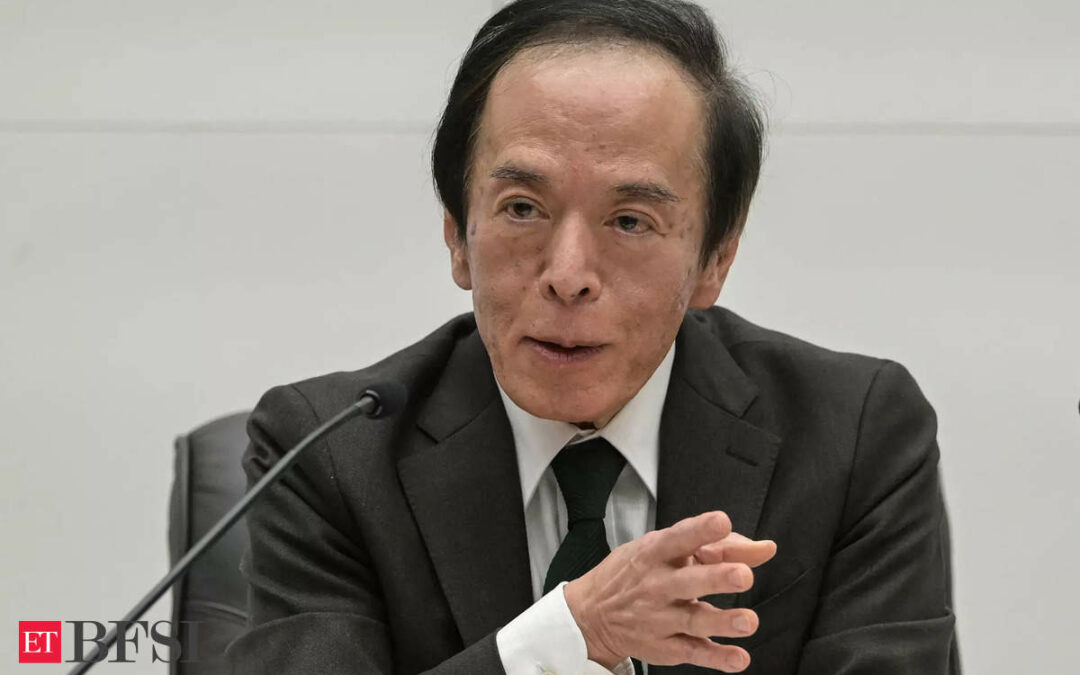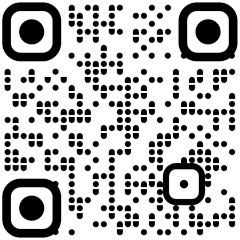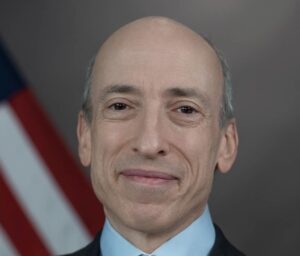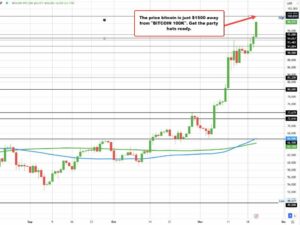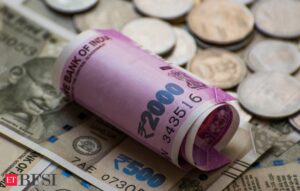TOKYO – Bank of Japan Governor Kazuo Ueda said the central bank would not directly respond to currency moves in setting monetary policy, brushing aside market speculation that the yen’s sharp falls could force it to raise interest rates.
But Ueda maintained his optimism on the wage outlook and signalled the chance of another rate hike if trend inflation, which is still below 2%, heads towards that level as projected.
“We absolutely won’t change monetary policy directly in response to exchange-rate moves,” Ueda told parliament, when asked by an opposition lawmaker on whether yen moves would have any impact on the BOJ’s decision on the next rate hike timing.
The weak yen may push up import prices but that alone won’t trigger a rate hike either, Ueda said, stressing that the key was whether such upward price pressure would affect broader inflation and wage growth.
“If there’s a risk that wages and inflation could rise more than expected, and push up trend inflation above 2%, we may need to consider changing monetary policy,” he said on Wednesday.
The yen has been on the downtrend since the BOJ’s historical policy shift that ended eight years of negative interest rates, as markets interpreted its dovish guidance as a sign further rate hikes will be some time away.
The yen stood at 151.80 to the dollar on Wednesday, within striking distance of a 34-year low of 151.975 hit last month, drawing warnings by Tokyo authorities of the chance of yen-buying currency intervention.
Ueda said the BOJ’s decision to exit ultra-loose policy in March was based on its view that sustained achievement of its 2% inflation target has come into sight.
Waiting too long to exit would have heightened the risk of an inflation overshoot that could force the BOJ to hike interest rates aggressively, he said.
There were growing signs of change in corporate behaviour with more firms seeing scope to hike prices and wages, Ueda said.
“If trend inflation moves in line with our forecast, it could be appropriate to adjust the degree of monetary stimulus though we don’t know when that will happen,” he said.
The BOJ’s new quarterly growth and inflation forecasts, due at its next policy meeting on April 25-26, will likely offer clues on how soon the bank could next hike rates, analysts say.
A forecast released by Japan Center for Economic Research, a think tank, on Wednesday showed a majority of economists projected at least another rate hike this year.
Some market players believe the weak yen could be among triggers for the BOJ’s next rate hike, which is seen by many economists as coming later this year.
While a weak yen boosts exports, it has been a source of headache for policymakers as it hurts households and retailers by pushing up the cost of raw material imports.
Ueda says trend inflation is defined as price moves stripping away the effect of one-off factors like fuel costs, and measured by looking at various indicators on how the strength in the economy and domestic demand affects prices.

